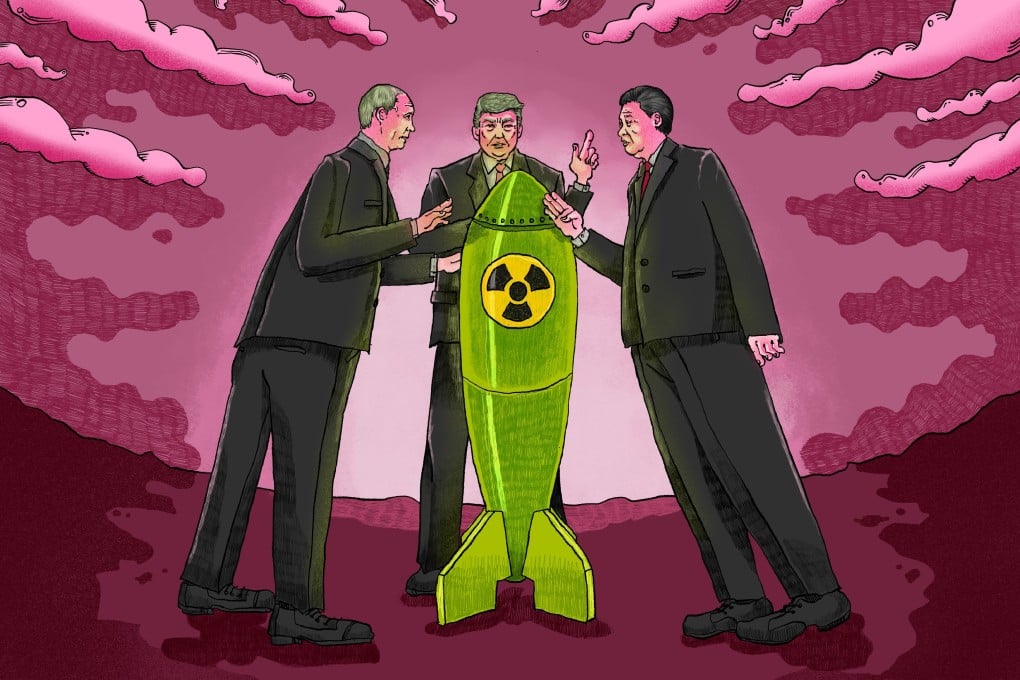Articles in this Cluster
21-09-2025
China is moving away from the US dollar due to President Donald Trump's erratic trade policies and the country's tightly controlled currency, the yuan, reaching its highest level since Trump's re-election. Foreign investors and governments are seeking alternatives to the dollar, which has slumped 7% since January.
Entities: China, Donald Trump, America, Federal Reserve, dollar • Tone: analytical • Sentiment: neutral • Intent: inform
21-09-2025
The article discusses China's upcoming climate pledges at the UN General Assembly and their significance ahead of the COP30 climate talks. While China's emissions remain high, its spending on clean-energy technologies is paying off, and its emissions are starting to decrease. The article argues that the ambitions of China's clean-tech industry are more important than the country's climate pledges. China's prime minister, Li Qiang, is expected to announce the new pledges, which will be a significant moment for the world's biggest polluter. The article highlights the progress China has made in reducing its emissions and the potential for further transformation.
Entities: China, Li Qiang, UN General Assembly, New York, COP30 • Tone: analytical • Sentiment: positive • Intent: inform
21-09-2025
The Economist has introduced a new 'wolf warrior' index to measure Chinese diplomacy. The index shows that China's diplomats are moving away from the aggressive 'wolf warrior' style that was prevalent in recent years. With many global leaders visiting Beijing and potential visits from US President Donald Trump, Chinese diplomats are busy and need to be careful about their tone. The article suggests that China's officials are now less confrontational towards the West.
Entities: China, Beijing, Donald Trump, Spain, The Economist • Tone: analytical • Sentiment: neutral • Intent: inform
21-09-2025
The Economist's China column returns after a brief absence, noting that while China's era of rapid change has ended, deeper transformations are underway. The country's rapid development has led to the creation of new infrastructure and urbanization, with hundreds of millions moving from rural areas to cities. The article highlights the disorienting yet exhilarating experience of witnessing China's transformation.
Entities: China, The Economist, Chaguan, Cornelia Li, China's countryside • Tone: analytical • Sentiment: neutral • Intent: inform
21-09-2025
The US, Russia, and China are at an impasse in nuclear talks, with the New Strategic Arms Reduction Treaty (New START) set to expire in February. The treaty is the last major arms control pact between Washington and Moscow. US President Donald Trump’s push for trilateral talks involving China was met with refusal, as Beijing maintains its nuclear strength is at a minimum level required for national security and is not comparable to that of the US. Analysts warn that the expiration of the treaty could lead to a new era of strategic instability and a potential nuclear arms race. China has been accelerating its nuclear build-up, expanding its arsenal from 500 warheads in early 2024 to 600 by January 2025, according to the Stockholm International Peace Research Institute (SIPRI).
Entities: US, Russia, China, Donald Trump, Vladimir Putin • Tone: neutral • Sentiment: negative • Intent: inform
